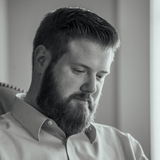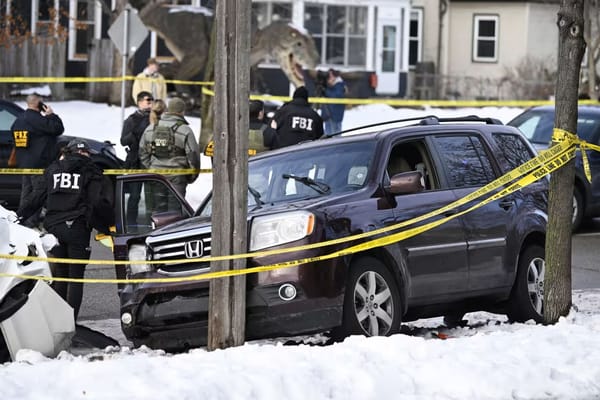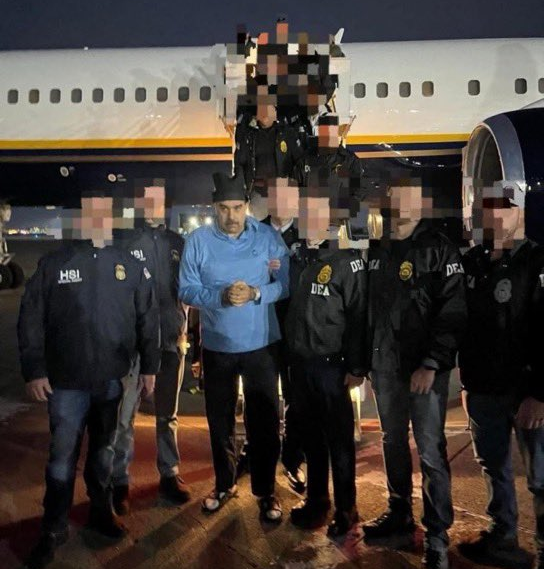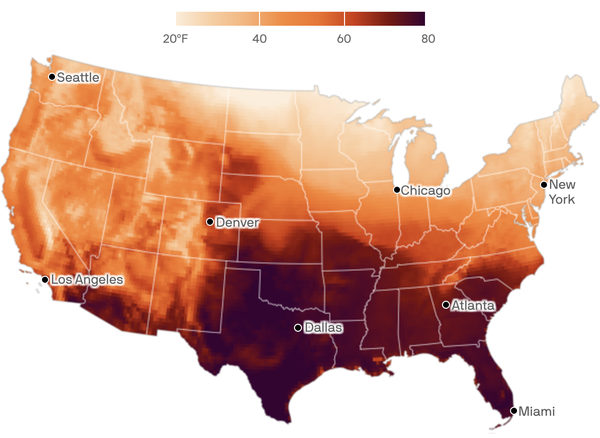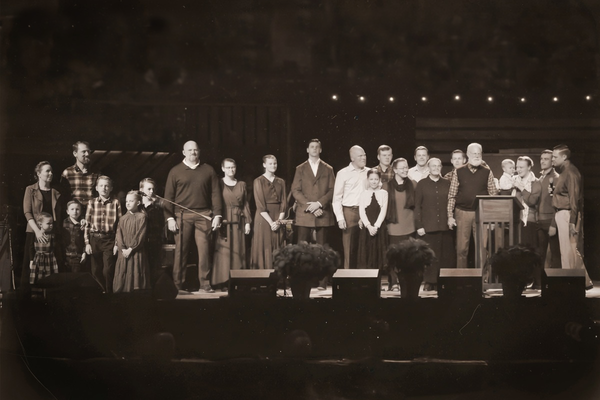An Invitation to Trust
Fear urges us to run. But trust—true, quiet trust—invites surrender, and in that yielding, we find purpose. Like the colt who chose to follow, we’re not diminished by surrender, but made whole. What if trust is the way through? What if it’s always been?
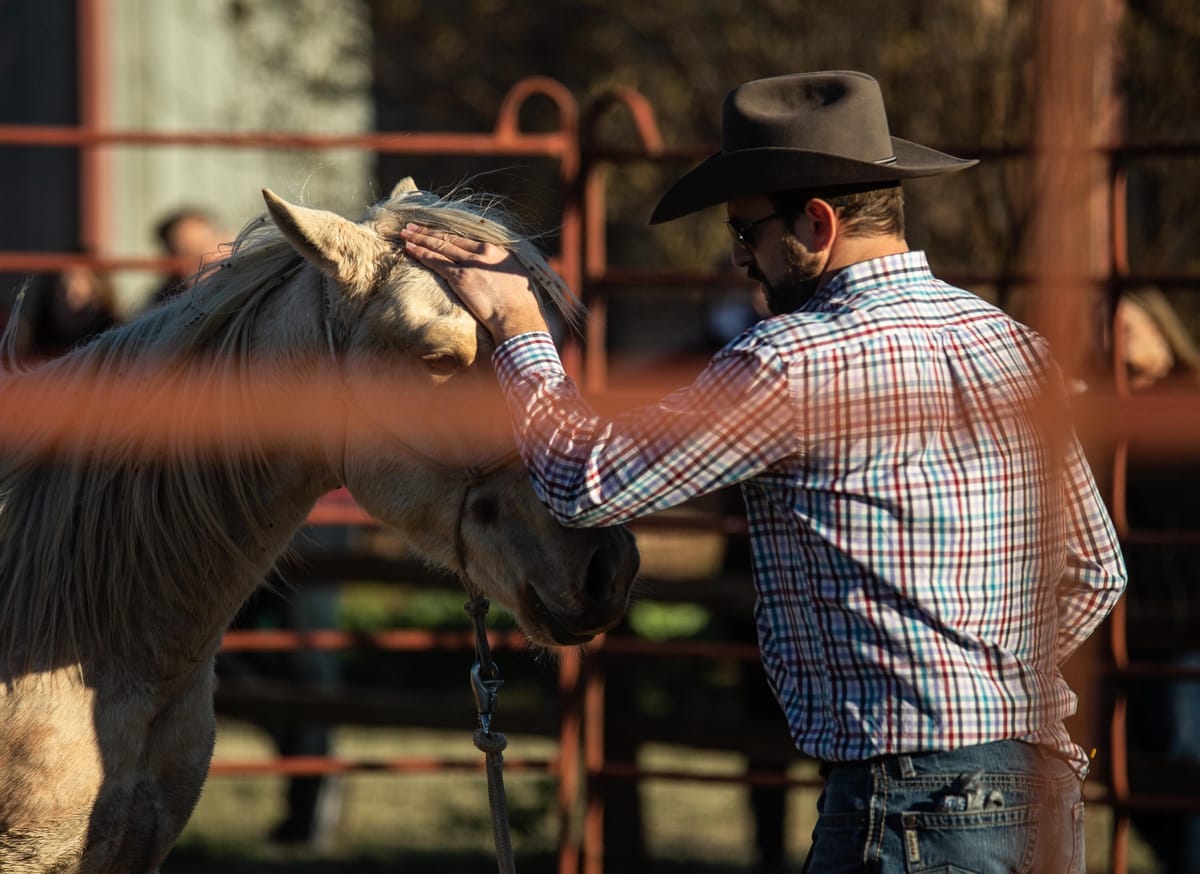
What if trust could change everything?
Fear often holds us back—hesitation keeping us on the edges, afraid to step forward into something unknown. But trust is not weakness when it arises in response to the undeniable Voice of our Shepherd. In this scenario, trust is always strength, an act of courage that leads us beyond fear and into purpose.
There’s a story in every heart—a moment when trust is tested, when instinct says to run, yet something deeper whispers, Stay. Yield. Step forward.
The Arena of Fear and Trust
I once watched a man work with an unbroken colt at our annual Homestead Fair. The air was thick with anticipation as a crowd pressed against the fence, dust curling in the afternoon heat. Some stood with arms crossed, skeptical. Others hushed, sensing they were about to witness something just shy of a miracle.
The challenge seemed impossible. In one hour, this untouched, jittery colt before the crowd was supposed to accept a bridle, feel a saddle on his back for the first time, and, against all odds, bear the weight of a rider. No ropes. No force. Just trust.
At first, it was all tension—stiff-legged steps, nostrils flaring, ears flicking wildly at every sound. The whites of the colt’s eyes flashed as instinct screamed for him to flee. He didn’t know where to turn, what to believe. The watching crowd murmured. This was not a horse ready to yield. This was a creature bound by fear.
But the trainer never raised his voice. Never reached for a whip. Never rushed. He understood the real struggle wasn’t between him and the colt; it was between the colt and its own fear. And trust was the only bridge between them.
It was almost like a dance. A slow, deliberate rhythm—each step, each shift in direction, each wave of the hand or whispered word, offering the same invitation:
"Fear is a wasted fight. If you trust me, you won’t regret it."
Minute by minute, the tension began to break. The battle between fear and surrender wavered on a razor’s edge. The colt hesitated, tossed his head, considered retreat. But then—something shifted. The trainer turned and walked away. And, for the first time, the colt chose to follow. A ripple of approval surged through the crowd. Trust was winning.
Little by little, fear loosened its grip. Nostrils softened. Ears turned toward the trainer, listening. The bridle slipped on. The saddle settled into place. The girth tightened, and though the colt flinched, he did not bolt. Every fiber of his being, once poised for escape, began to still.
After countless moments of patient reassurance—leaning on the saddle, whispering calm assurances, easing the pressure, then releasing it—the trainer took the greatest risk of all. With quiet confidence, he swung into the saddle. No struggle. No resistance. Just stillness. The crowd exhaled. The miracle wasn’t in the mounting—it was in the surrender.
What If Trust Is the Way Through?
If trust has seemed elusive—if fear has often dictated the course—there is hope. Like that colt in the arena, uncertain and wary, it may feel easier to resist, to remain untamed by anything that asks for surrender. But what if trust could replace fear? What if there were a voice worth following, a hand worth yielding to, a purpose beyond the instinct to flee?
"When I am afraid, I put my trust in you. In God, whose word I praise” (Ps. 56:3-4).
Trust isn’t for moments of certainty when the path is clear and the course feels secure. No, trust is for when I am afraid—when uncertainty clouds our vision and fear tightens its grip. Yet, in these moments, the Psalmist doesn’t just cling to trust; he lifts his voice in praise of God’s word. Why? Because God’s word offers the counter-perspective, the alternative reality, the steady hand guiding us forward. It is the step we take when we cannot see. It is leaning wholly on His promises, more than what we see, feel, or fear.
"The Lord is good, a refuge in times of trouble. He cares for those who trust in him" (Nah. 1:7).
Trust is not an obligation; it is an invitation. It is not a loss of freedom, but the discovery of a deeper one. And it often begins the same way—with time, with patience, with a quiet persistence that slowly dissolves resistance. If fear has held you in hesitation, if uncertainty has kept you circling the edges, what if there were a way forward?
What if grace has already been at work in ways unnoticed? What if the steady hand of guidance has been present all along—sometimes through a quiet conviction, sometimes through the wisdom of another, sometimes through an unexpected voice reminding you that trust is not a trap, but a bridge?
Jesus didn't trust in human flesh, because he knew the heart of fallen man. Still, He said, “My sheep hear My voice, and I know them, and they follow Me.”
So, we don’t trust because we find people who agree with us. We don’t trust because someone is more persuasive or because circumstances suddenly favor us. We trust when, in the deepest part of our soul, we hear the undeniable resonance of God’s voice—a harmony between His written word, His anointing, our conscience, and the confirmation of two or three witnesses who affirm His truth (2 Cor. 13:1). And when that word speaks—though it may cut, though it may challenge—it rings through every fiber of our being, leaving no doubt that He is our Shepherd. At that moment, we choose to trust—not because it is easy, but because the alternative is destruction. To lean on our own understanding is to walk the path of ruin, to fall under the curse of the one who trusts in flesh, especially his own (Jer. 17:5). But to trust in the Lord—to yield, to surrender—is to find life, stability, and the way forward.
If trust is given room to grow, the restless heart can find stillness. The instinct to run can be replaced with the courage to step forward. There will still be moments of hesitation—times when old fears resurface and the urge to retreat flares up again. But what if, in those moments, there was something to hold onto? A voice that has never betrayed? A path that has never led astray? What if trust could become stronger than fear?
"Those who trust in the Lord are like Mount Zion, which cannot be shaken but endures forever" (Ps. 125:1).
Many stand at the edge of surrender, watching from a distance, uncertain. They wonder what it would be like to let go of fear’s grip—to place their confidence in something greater than themselves. They wonder what it would feel like to be shaped for a purpose, to discover God's calling for their lives rather than always running from what might be.
What if trust became the force that moved you forward? Not just once, but again and again—in the quiet moments, in the small unseen choices, in the daily decisions to step beyond fear and into something greater?
Harnessed to a Higher Calling
The wild horse, though it may boast of its freedom, knows nothing of true purpose. It may run unbridled across open fields, but to what end? It flees at every shadow, exhausts itself in endless circles, and never finds rest. Independence without direction is nothing more than a race to nowhere.
Yet the horse that submits to the King’s harness finds something far greater—strength with purpose, motion with meaning. It learns to trust the hands that guide, to move at the Master’s command, to carry the weight of His calling with grace and confidence. It is not broken—except in its rebellious will. It is free—free from restlessness, from fear-driven instincts, from the futility of running without reason. It is not diminished; it is made whole. Honored and settled, it no longer searches for its place—it knows it. It was made to carry the presence, the grace, the word, and the purpose of its King.
The path is not easy. The weight of purpose can press down like a cross. But when we lay aside our anxieties and release the control we were never meant to carry, we discover what was true all along—His yoke is easy, and His burden is light (Matt. 11:30). As the song says, “It’s only in Your will that I am free.”
We are freed from the crushing weight of trying to bear what we cannot, know what we cannot, and be what we were never meant to be. We step aside and let Him take His rightful place—not just as our Savior, but as our Shepherd, our Provider, our Sovereign Lord. And in that surrender, we find something far greater than self-sufficiency—purpose, grace, strength, anointing, and unity (Eph. 4:13). Not as masters of our own fate, but as servants of the One who wrapped a towel around His waist and washed the feet of His disciples (John 13:4-5).
And in the end—“No one who trusts in Him will ever be put to shame” (Rom. 10:11). Whatever it costs us in lost pride and independence will pale in comparison to what we gain. Instead of resistance, we find rest. Instead of fear, peace. Instead of uncertainty, the quiet assurance that He is in control—and we are at peace with that (Isa. 26:3). He is providing everything we need for life and godliness (2 Pet. 1:3), making us adequate as ministers of the Spirit that gives life (2 Cor. 3:6), supplying all our needs according to His riches in glory (Phil. 4:19), and never—never—allowing anything to separate us from the love of God that is in Christ(Rom. 8:39).
And that is enough—for every unknown, every challenge, and every turn in the road ahead.
"Commit your way to the Lord; trust in Him, and He will do this" (Ps. 37:5).
The invitation remains. The voice is steady. The path is open. What if trust is the way through?
"Whether you turn to the right or to the left, your ears will hear a voice behind you, saying, ‘This is the way; walk in it’" (Isa. 30:21).

